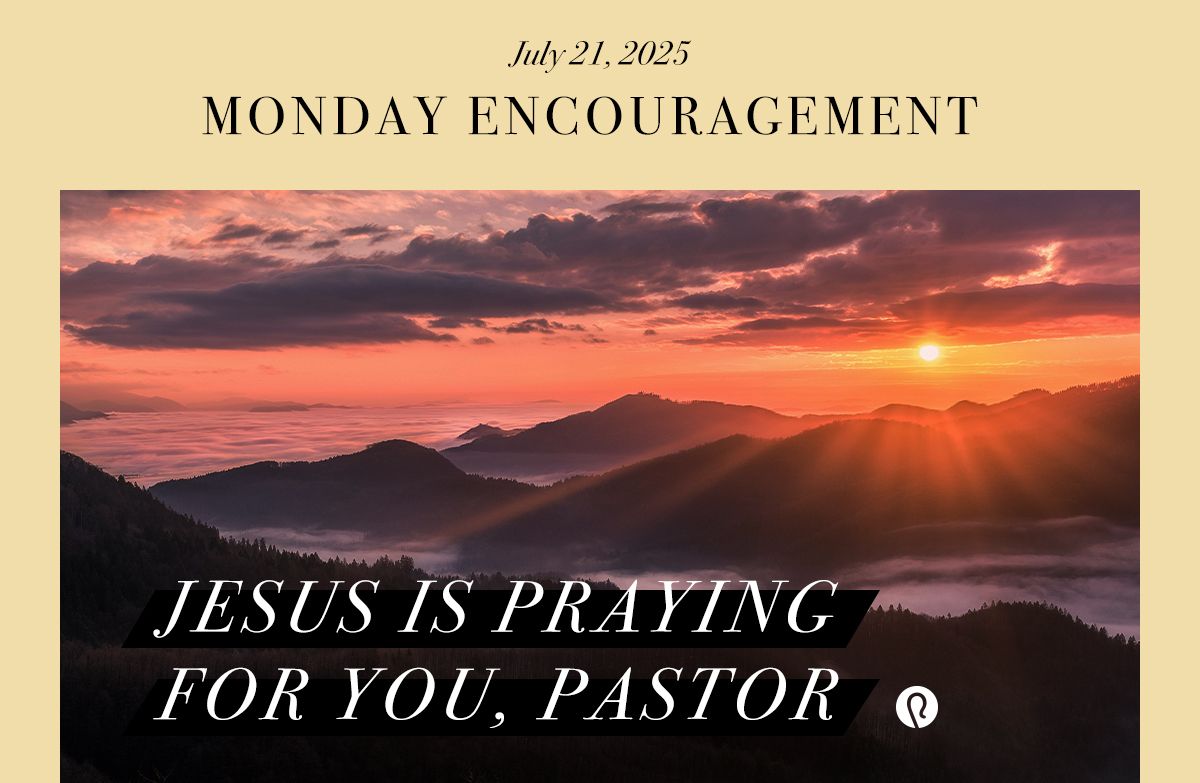Should pastors ever talk about money? Only if you want to make disciples. What we worship shows in how we spend our time, our energy, and our money. So one of the roles of church leaders is to help people see the proper place of money in our lives and the potential reward in eternity when we invest our resources into eternal things.
The Bible says in 1 Timothy 6:18-19,
“Tell people to use their money to do good. They should be rich in good works and should give happily to those in need, always being ready to share whatever God has given them. By doing this they’ll be storing up real treasure for themselves in heaven. It is the only safe investment for eternity and they will be living a fruitful Christian life down here as well.”
Notice three things:
- Money should be used, not loved. We should love people and use money and never use people and love money.
- Money can be invested to store up treasures for eternity.
- You invest in eternity by using your money for God's purposes for your life.
Since God has five purposes for your life, He also has five funds for people to invest in
—one for each purpose.
1. We can invest in his treasury fund.
In Matthew 6, Jesus says,
“Don’t store up for yourself treasures on earth where moth and rust destroy and where thieves can break in and steal. But store up for yourselves treasures in heaven.” We invest in God's treasury fund in heaven when we use our money to express worship to God.
God doesn't need money. But when people given an offering to God, they're saying, "God, I love you and I'm thinking of you and I want you to be first in my life." Worship giving is undesignated. We offer it as a sacrifice with no strings attached and no controls placed on it. And we offer it when and where we worship.
2. We can invest in his mutual fund.
The second purpose of God for our lives is to learn to love other people. The Bible says in Romans 12:10,
“Love one another with mutual affection.” People invest in God's mutual fund by using money to encourage fellowship and build relationships with other people. Giving to God brings people closer to God, and giving to other people brings us closer to other people. We lead people to give to each other through acts of hospitality, such as hosting a small group with refreshments, encouraging and discipling people over a cup of coffee, and serving a meal to people who need friends. This often happens within the body in a way that can't be programmed. It's spontaneous and personal.
3. We can invest in his growth fund.
The Bible says in 2 Peter 3:18
“Grow in spiritual strength and become better acquainted with our Lord and Savior Jesus Christ.” Some of my money expresses worship. And some of my money encourages fellowship. And I invest in God's growth fund when I use some of my money to enhance my own personal character, my own personal growth.
When you teach about money, it's always appropriate to challenge people to use some of their money to buy and read books, to develop skills, to pursue education, or to become a better leader. People waste tons of money on comfort and entertainment. While there isn't anything inherently wrong with spending money on entertainment, a higher priority should be to spend money on personal development.
The Bible not only says people can
give an offering, but also that we can
be an offering. It says in Romans 12:1,
"Take your everyday, ordinary life—your sleeping, eating, going-to-work, and walking-around life—and place it before God as an offering" (The Message).
4. We can invest in his service equity fund.
When we teach about money, we should be teaching people that one of the ways we serve others is by helping in times of financial need. The church should develop a reputation for responding to crises financially when we take a special offering after a tragedy. And it should happen in behind-the-scenes ways as well when members of a small group help another member during a difficult season.
In the Bible there was a church in Greece that did this. They heard about another church that was in trouble and going through a famine so they gave them some money. The Bible says in 2 Corinthians 8:3-4,
“They gave as much as they were able and even more than they could afford. No one told them to do it. They pleaded with us to let them share with us in this service [that’s the Service Fund]
for God’s people” (NCV).
The Bible says this in Proverbs 11:24,
“The world of the generous gets larger and larger. The world of the stingy gets smaller and smaller.” One aspect of discipleship is moving people from selfishness to generosity by instructing and inspiring people to give to others.
When we did the
40 Days of Community campaign, Saddleback Church decided we would feed every homeless person in Orange County three meals a day for 40 days. Then we found out there were 42,000 people who were homeless. The members of Saddleback collected over two million pounds of food and then 9,200 volunteers collected, sorted, and distributed it.
5. We can invest in his global fund.
Luke 16:9 is probably one of the most misunderstood verses in the entire Bible. Jesus says this,
“Use worldly wealth to gain friends for yourselves so that when it is gone you will be welcomed in eternal dwellings.” What in the world does he mean by that? I'm convinced Jesus wanted people to use their wealth to share the good news of Jesus, to expand the family of God, to enlarge heaven's population.
Churches can give people opportunities to purchase resources to share their faith, to give to missionaries, to go on mission trips or sponsor the trips others are going on, and to support the evangelistic outreach capacity of the local church. God is looking for people who will care about the whole world as much as He does.
Your reward and your responsibility in heaven
—not your salvation but your reward and responsibility for eternity is going to be based on how you manage what God put in your hands while you’re here on earth. It would be foolish and shortsighted to spend it all on myself now in light of eternity.
The best time for people to start investing in eternity is
now. And the best time for you to teach and lead your congregation to embrace this life of generosity is
now. So where do you need to start?








